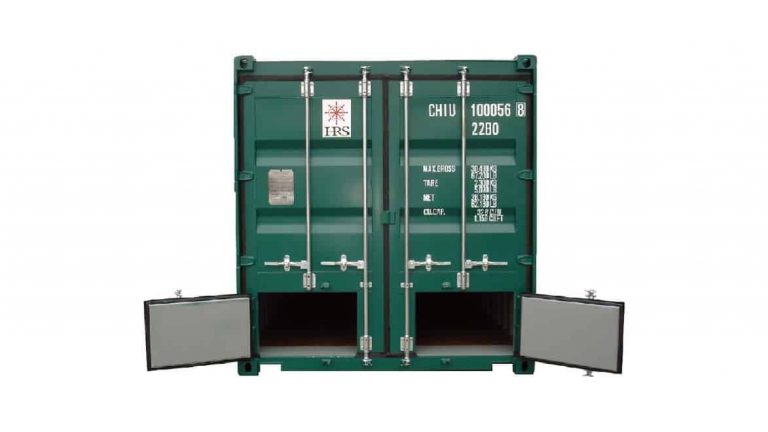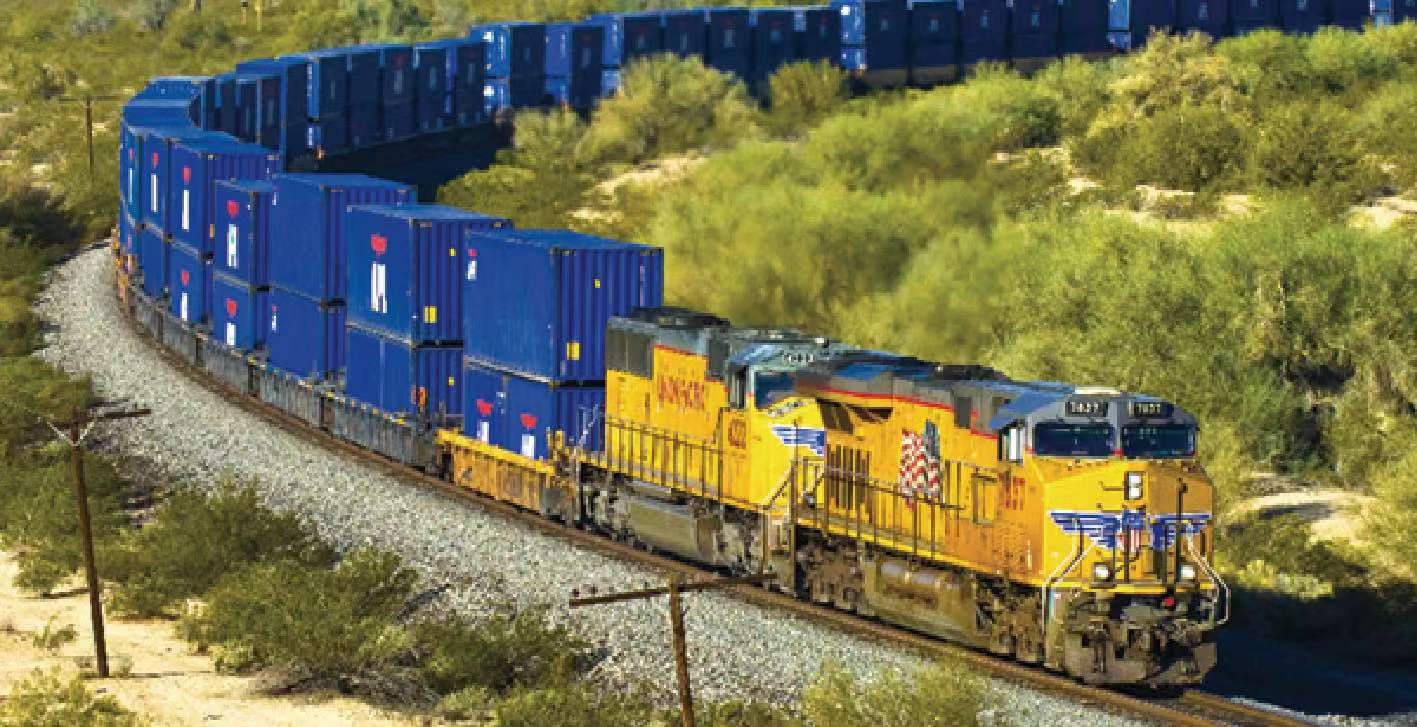はじめに
In today’s globalized economy, the efficient transportation and storage of goods are paramount to the success of various industries. Special containers, designed with specific features to meet unique logistical and operational needs, play a crucial role in enhancing efficiency, safety, and cost-effectiveness across diverse sectors. From pharmaceuticals to aerospace, from food and beverages to hazardous materials, they are tailored solutions that ensure secure and reliable transportation, storage, and handling of goods. This article delves into the industries leveraging special containers, their specific applications, and the benefits they bring to modern logistics.

1. Pharmaceutical and Healthcare
The pharmaceutical industry relies heavily on specialized containers to transport and store sensitive medical supplies, vaccines, and pharmaceutical products. These containers are designed with temperature-controlled features to maintain strict temperature ranges, ensuring the integrity and efficacy of the medications during transit. They also incorporate security measures to prevent tampering and contamination, meeting stringent regulatory requirements for pharmaceutical logistics. Special containers in this sector include refrigerated units, insulated containers, and even cryogenic containers for transporting ultra-cold vaccines.
2. Aerospace and Defense
In the aerospace and defense sectors, they are critical for the safe transport of sensitive equipment, aircraft components, and military supplies. These containers are often engineered to withstand extreme conditions such as high impact, vibration, and temperature fluctuations. They may feature shock-absorbing materials, custom interiors for precise fitments, and secure locking mechanisms to protect valuable and delicate items during transportation. Aerospace companies also utilize special containers for satellite components, aerospace tools, and even for the transportation of aerospace fluids and chemicals.
3. Food and Beverage
The food and beverage industry relies on special containers to maintain the freshness and quality of perishable goods during distribution. Refrigerated and insulated containers are widely used to transport fresh produce, dairy products, seafood, and frozen foods over long distances. These containers regulate temperature and humidity levels, preventing spoilage and preserving nutritional value. Specialized features such as airflow control, humidity sensors, and ethylene scrubbers are integrated into these containers to extend shelf life and ensure food safety compliance.
4. Hazardous Materials and Chemicals
Handling and transporting hazardous materials and chemicals require adherence to strict safety regulations and environmental standards. Special containers designed for hazardous goods are constructed with robust materials that resist corrosion, chemical reactions, and leaks. They often feature secondary containment systems, venting mechanisms, and emergency response provisions to mitigate risks during transport. These containers are used for transporting flammable liquids, corrosive substances, radioactive materials, and other hazardous chemicals across borders and within industrial complexes.

5. Automotive and Manufacturing
In the automotive and manufacturing sectors, special containers play a crucial role in the logistics of vehicle parts, machinery components, and industrial equipment. Collapsible containers, palletized containers, and customized crates are used to streamline assembly line processes, inventory management, and distribution logistics. These containers are designed to optimize space utilization, protect fragile components from damage, and facilitate efficient loading and unloading operations. They contribute to reducing logistics costs and improving supply chain efficiency in automotive manufacturing plants and industrial facilities.
6. Renewable Energy and Technology
With the growing focus on renewable energy sources and sustainable technologies, they are instrumental in the transport and deployment of renewable energy equipment such as solar panels, wind turbine components, and energy storage systems. These containers are designed to withstand outdoor exposure, facilitate easy installation in remote locations, and protect delicate renewable energy infrastructure during transit. They support the expansion of renewable energy projects globally by providing secure and efficient logistics solutions that minimize environmental impact.
7. Retail and E-commerce
The retail and e-commerce industries utilize special containers for efficient warehousing, fulfillment, and last-mile delivery operations. Collapsible containers, roll cages, and tote boxes are used to organize and transport retail goods, e-commerce orders, and customer deliveries. These containers optimize storage space in warehouses, streamline order-picking processes, and ensure the safe handling of fragile and valuable merchandise. They with RFID tracking and GPS monitoring capabilities also enhance inventory visibility and logistics management in the retail supply chain.
8. Construction and Engineering
Special containers are extensively used in the construction and engineering sectors to transport and store building materials, heavy equipment, and modular structures. These containers are designed to withstand rough handling, weather exposure, and on-site conditions typical of construction sites. Flat racks, open-top containers, and containerized modular units are common in construction logistics, facilitating efficient project management and site operations. They streamline the transportation of steel beams, concrete panels, and prefabricated components, reducing construction timelines and logistics costs.
9. Oil and Gas
The oil and gas industry relies on specialized containers to transport equipment, tools, and hazardous materials across remote and challenging terrains. Offshore containers, including DNV-certified units, are crucial for offshore drilling operations and oil rig maintenance. These containers are engineered to endure harsh marine environments, ensuring the safe transport of sensitive equipment and chemicals to offshore platforms. They comply with international safety standards and regulations, incorporating features such as anti-corrosion coatings, fire suppression systems, and lifting frames for offshore crane operations.
10. Mining and Minerals
In the mining and minerals sector, special containers play a vital role in transporting raw materials, minerals, and heavy machinery. ISO containers modified with reinforced flooring and cargo securing systems are used to transport bulk commodities such as coal, iron ore, and copper concentrate. Specialized containers for mining operations are designed to withstand heavy loads, rough terrain, and extreme weather conditions prevalent in mining regions. They enhance logistics efficiency by facilitating the safe and efficient movement of materials between mine sites, processing plants, and export terminals.
11. Waste Management
They are integral to waste management operations, facilitating the collection, transportation, and disposal of various types of waste materials. Roll-off containers, compactors, and hazardous waste containers are tailored to handle specific waste streams, including municipal solid waste, recyclables, and hazardous chemicals. These containers feature leak-proof designs, odor control systems, and hydraulic lifting mechanisms for efficient waste handling and transportation. They ensure compliance with environmental regulations and promote sustainable waste disposal practices in urban and industrial settings.
12. Logistics and Supply Chain
Across all industries, special containers are essential components of modern logistics and supply chain management. Intermodal containers, standardized for global transportation, are key to seamless intermodal freight transport via ships, trains, and trucks. They enable efficient cargo handling, storage, and transfer between different modes of transport, optimizing supply chain operations and reducing transit times. Specialized logistics containers with RFID tracking, GPS monitoring, and temperature control capabilities enhance inventory visibility, shipment security, and compliance with delivery schedules in global supply chains.
結論
Special containers are indispensable tools that support the complex logistics and operational requirements of modern industries. Whether transporting temperature-sensitive pharmaceuticals, safeguarding aerospace components, or enhancing efficiency in retail logistics, these containers play a vital role in ensuring the safe, secure, and cost-effective movement of goods worldwide. As industries continue to evolve and global trade expands, the demand for specialized containers tailored to specific logistical challenges will only grow. Embracing innovative container solutions not only enhances operational efficiency but also contributes to sustainable practices and resilient supply chains in the global marketplace.
In summary, special containers represent a cornerstone of efficient logistics across diverse industries, offering customized solutions that meet unique operational challenges and contribute to the seamless movement of goods in a globalized economy.
CIMC Yang Zhou Base is a leading manufacturer of special containers and various other standard and special logistics equipment. With years of experience in the industry, it focuses on the design, production and distribution of high-quality innovative products that meet the specific needs of customers.
冷蔵コンテナ、コールドチェーン設備、コンテナ型設備統合、モジュール式建物など、高品質で革新的な物流設備が必要な場合、 CIMC Yang Zhou Base はあなたの最良の選択です。世界中のお客様からのお問い合わせを歓迎し、あなたと協力する機会を楽しみにしています。


